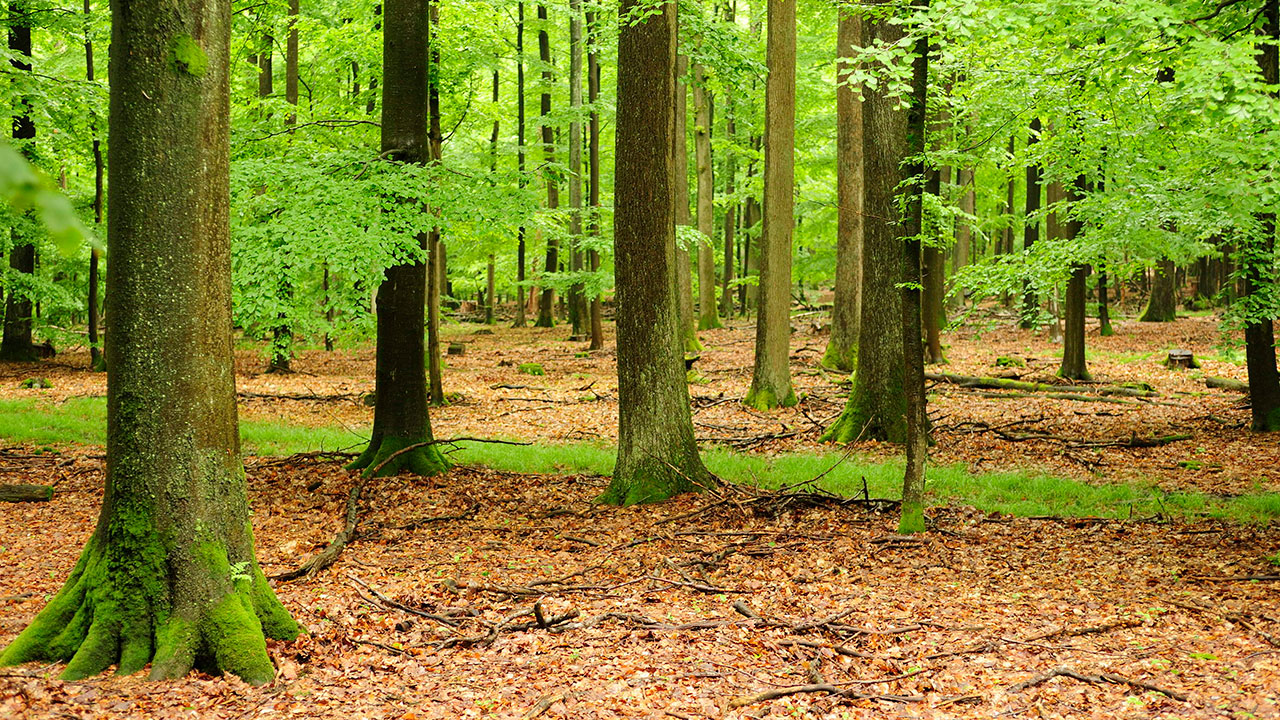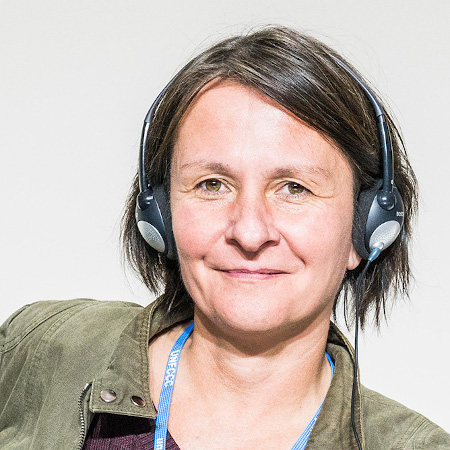Rewarding forest ecosystem services
Researchers develop models to make sustainable forest management more attractive.

Forests bind carbon dioxide, store water, cool the air and provide recreation. But forestry has not yet been financially rewarded for all these added values. Researchers at TU Dresden therefore believe that sustainable forest management could become more attractive if there were concepts that rewarded forest ecosystem services. Funded by the Deutsche Bundesstiftung Umwelt (DBU), the experts therefore want to develop such a concept over the next three years. The Berlin School of Economics and Law is involved, as are institutions from the fields of nature conservation and tourism.
Moving away from a focus on timber yield
Until now, the focus in forestry has been on timber yield. "Spruce trees have been the primary source of income for forest owners in Germany," reports Reinhard Stock, head of the DBU's Nature Conservation Unit. "Their largely knot-free long trunks, rapid growth and high quality as timber shaped forestry activities." But climate change with droughts and storms, as well as the bark beetle, have taken a toll on spruce forests, causing trees to die and resulting in damaged timber. This has opened many owners and organizations that own forests to new management concepts: Mixed deciduous forests are significantly more resilient to climate change impacts and pests than spruce monocultures - especially since spruces, as mountain plants, are poorly adapted to lowlands.
Record and evaluate ecosystem services
First, the researchers want to evaluate inventory data to estimate existing ecosystem services and identify potential for improvement. The data will be broken down according to so-called forest development types, a categorization that is established in many federal states. This is intended to ensure that the results are transferable in terms of methodology and, in some cases, even content. State, municipal and private forests near Billenhagen in Mecklenburg-Western Pomerania are involved in the research project.
Planning manual for the transition to forest practice
Ultimately, the participants intend to determine the costs and develop a marketing concept for the recommended measures that can improve the ecosystem services of a forest. Finally, the research project is to result in an operational planning manual that bundles process descriptions and silvicultural programs in order to bring the research results more quickly into forest practice.
bl


